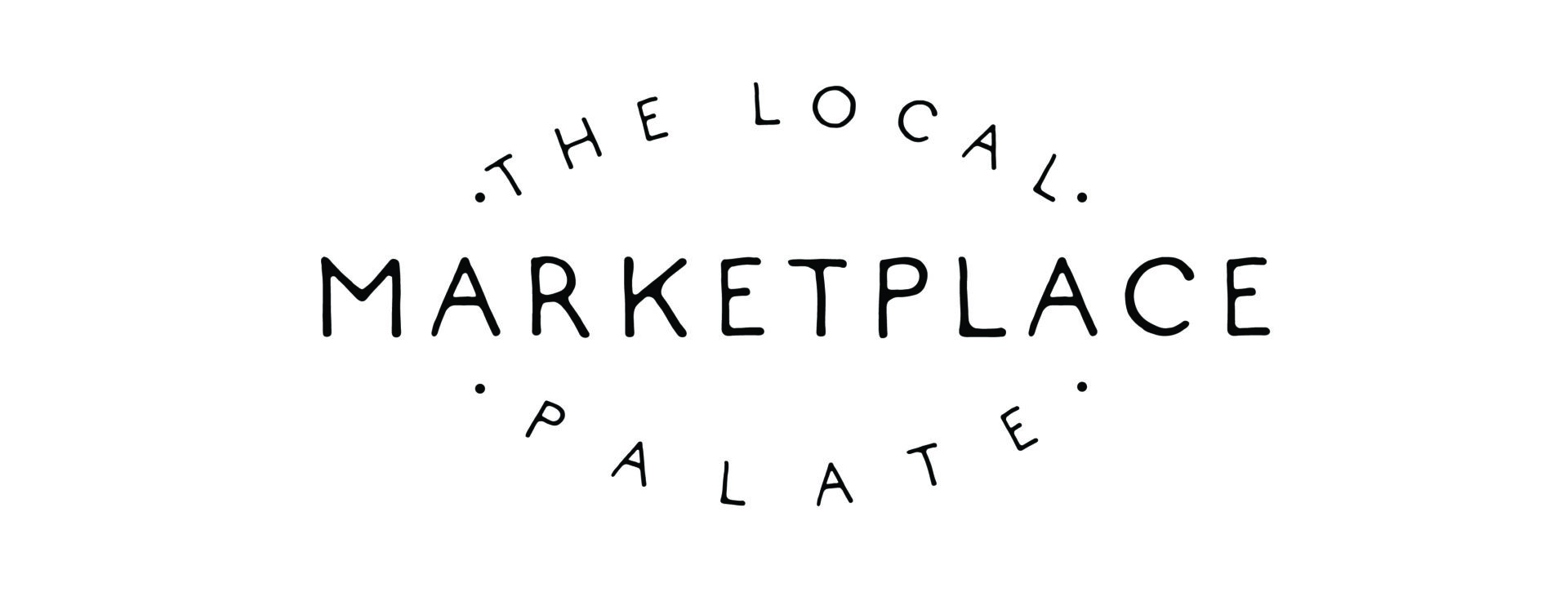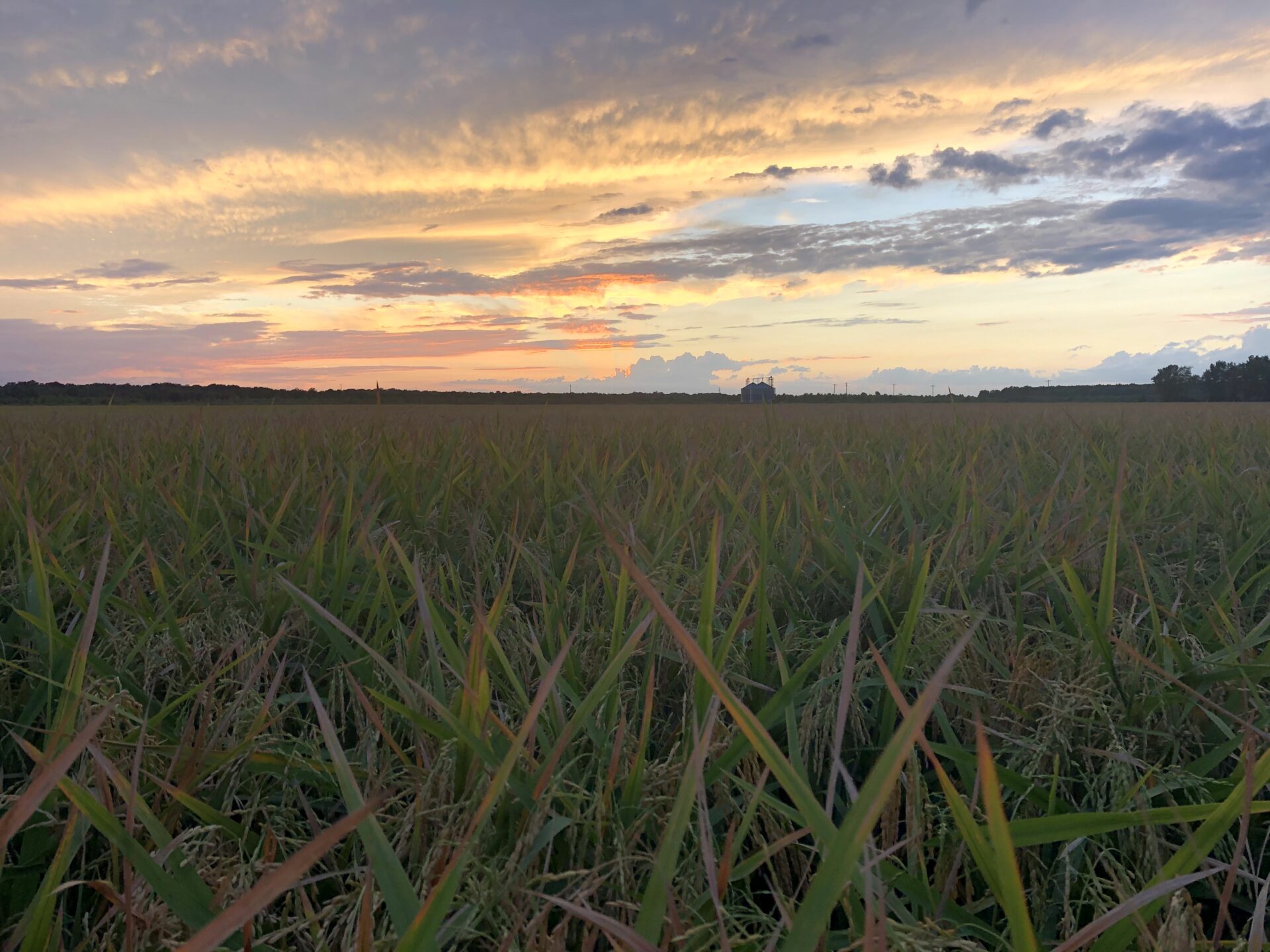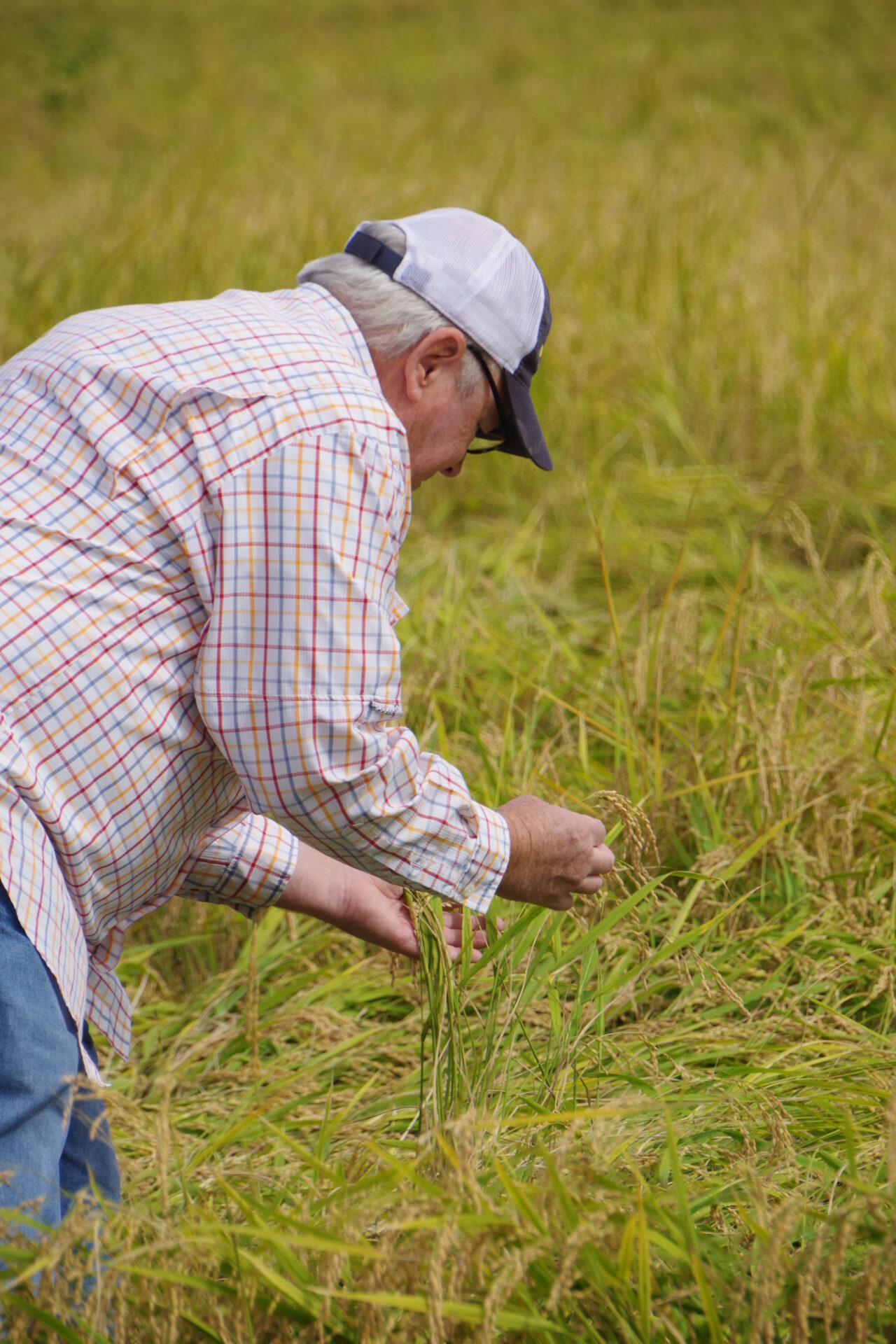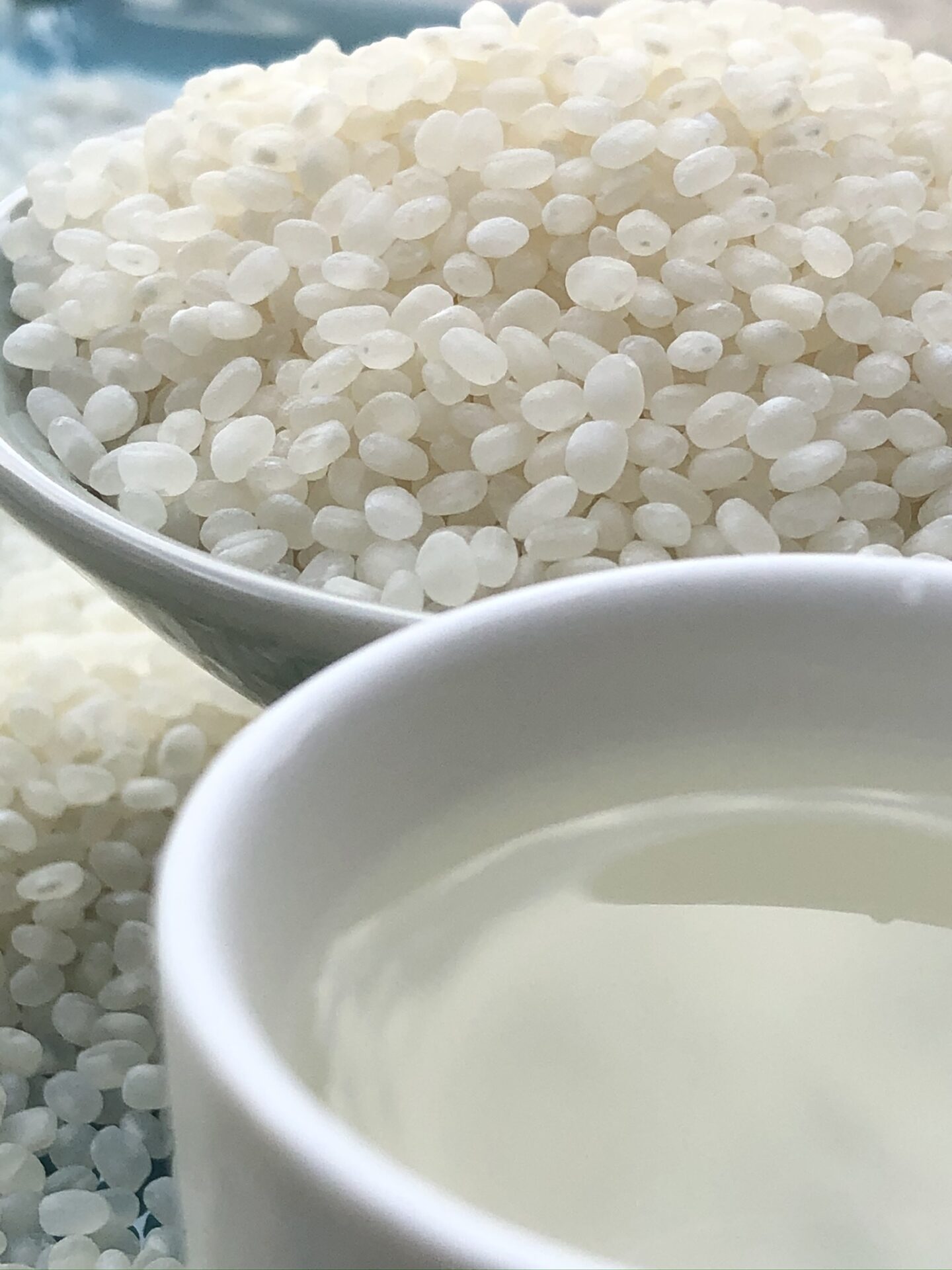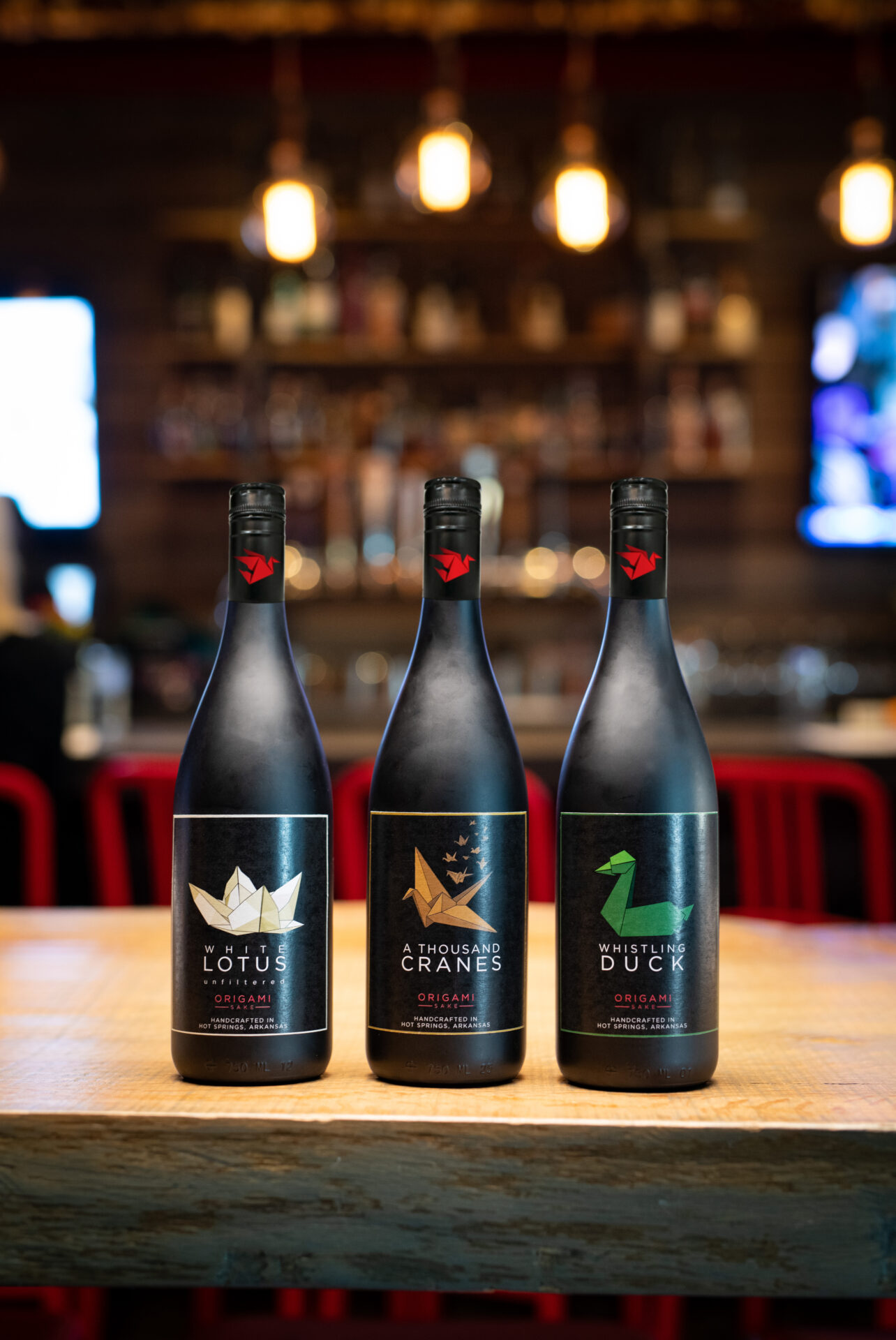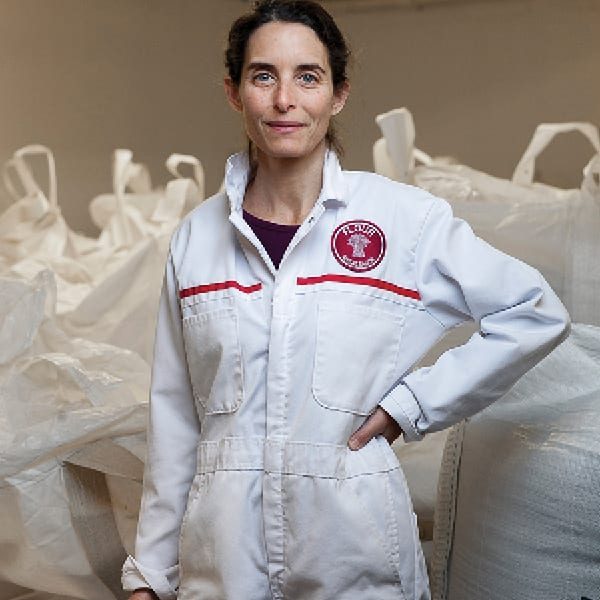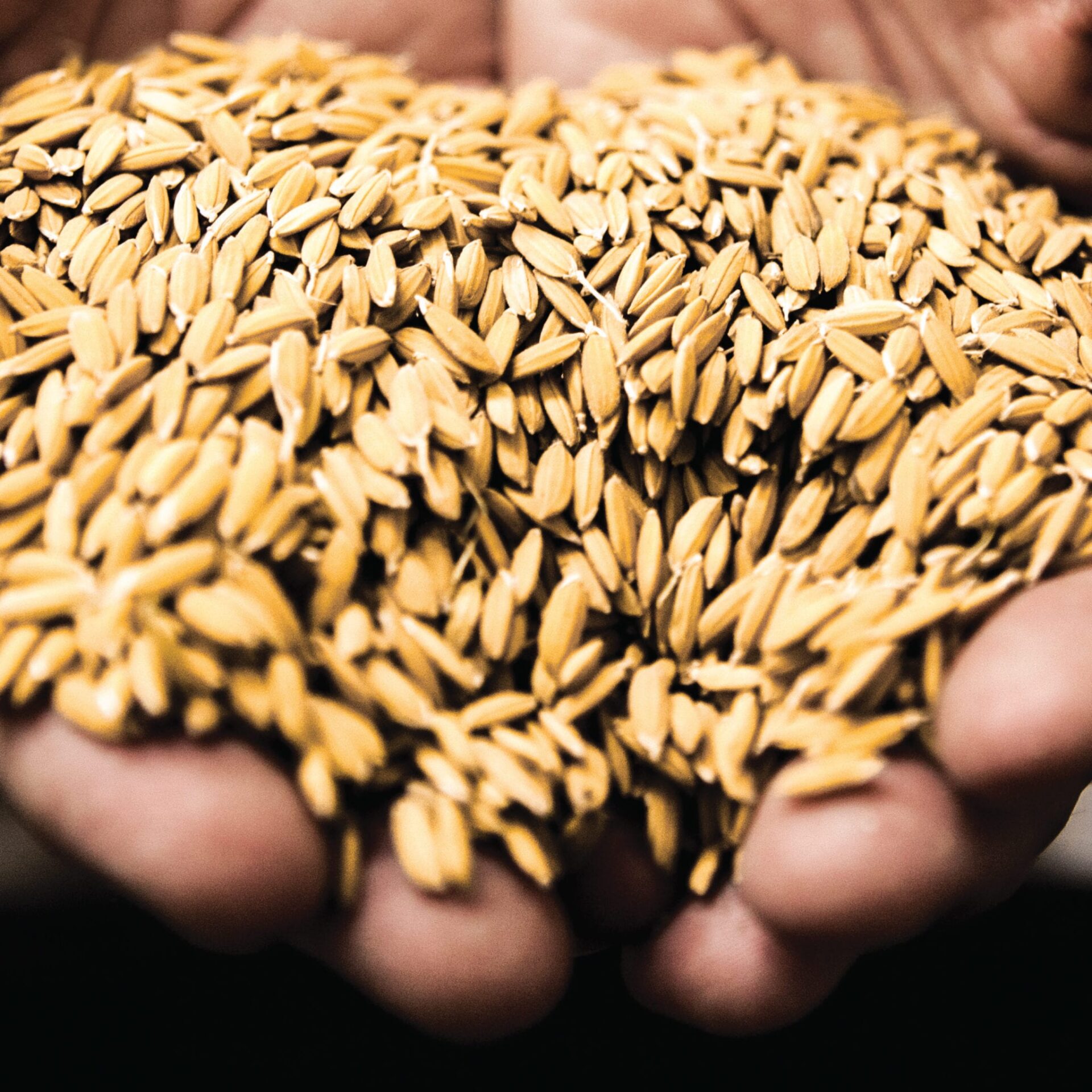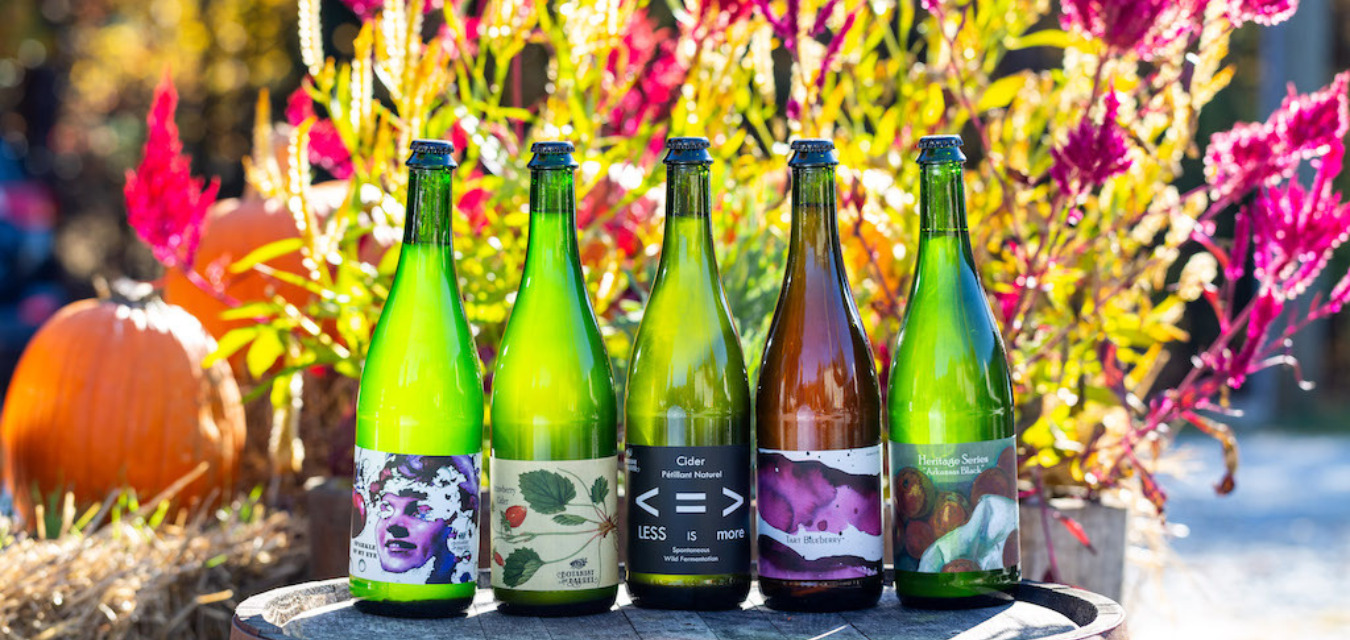Chris Isbell loves experimenting on his rice farm in England, Arkansas. That curiosity has made Isbell Farms one of the most essential producers of sake rice in the US.
“I like different things,” Isbell says. “I’m passionately curious, and this satisfies that curiosity. Sometimes you’re successful, and sometimes you’re not. But we were successful.”
The desire to do things a little differently started with Isbell’s dad, Leroy. The farm has been around since the 1800s, but Leroy planted the first rice crop in the late 1940s. In the early 1990s, the farm started growing a type of sushi rice called Koshihikari, which many thought couldn’t be produced outside of Japan, Isbell says. The move garnered a lot of buzz from Japanese media.
Isbell then planted an “experimental plot” to try growing dozens of other Japanese rice varieties and found success with sake rice. They sold some of their first rice to Takara Sake USA.
Today, Isbell Farms produces four types of sake rice: Yamada Nishiki, Omachi, Wataribune, and Gohakumangoku. It now comprises about 10 percent of the farm’s 3,500 acres.
“With rice farming, there’s not always a big profit, so you have to find something extra, something different to find your little niche,” says Whitney Isbell Jones, the farm’s media manager and Chris’ daughter.
Isbell Farms, which is a family partnership, ships rice to sake brewers all over the country, as well as to Mexico, Canada, New Zealand, Europe, and beyond. One day, they hope to ship it to Japan, where sake rice is typically grown on a smaller scale.
Jones says having high-quality rice readily available enables more sake brewers to set up shop in North America, since Japanese farmers don’t typically export sake rice. “It cuts down on the cost, and it makes it so much more accessible to people to start their businesses.” It comes at a time when sales “are booming,” according to a recent New York Times report.
Byron Stithem, founder and CEO of Nashville-based Proper Sake, which has sourced rice from Isbell Farms since 2015, says it’s “fortunate that the best farm in the US is right down the way.” Stithem exclusively uses rice from Isbell Farms for a handful of reasons. “The shortlist is the quality, the Isbell family, the connection to the South, and the simultaneous connection to the prime growing regions in Japan,” he says.
When Matt Bell founded Origami Sake in Hot Springs, Arkansas, he also found that Isbell Farms rice was a natural fit: “It’s a tremendous asset to our state, a tremendous asset to our region.” Origami plans to debut its products this spring, Bell says, and later this year, he and the Isbells are partnering to set up a rice milling operation in Arkansas. (Currently, Isbell Farms ships the rice to Minnesota for milling.)
Milling rice to make sake involves “polishing” to remove the outer layers of the grain, which contain fats and proteins. The starchy center of the grain is what’s used to make sake. Different brewers polish away different percentages of the rice grain to create their products.
Arkansas is the nation’s top rice producer. By growing and milling sake rice in the state, Bell hopes it will become the “Napa Valley of sake.” Moving milling closer to home avoids shipping and will help Isbell Farms accomplish its sustainability goals, which include water, energy, and methane-use reduction. The farm uses solar power, and Isbell says they have enough to grow and mill rice so that it could be carbon neutral.
“We like to be innovative, and I think we’ve done it well,” Jones says. While Isbell Farms is known for its sake rice, most important of all, she says, is that it’s been “a family farm since its existence. There’s a story behind the rice, and we like to tell the story from field to glass.”
Where to Find Sake
Nashville-based Proper Sake Co. distributes its products in Tennessee, Louisiana, Georgia, Alabama, Maryland, and Washington, DC. Last year, the brand opened the Rice Vice bar in East Nashville, featuring drinks made with Proper Sake and other Japanese sakes not available anywhere else in the South, along with chef pop-up meals.
Origami Sake plans to open its 24,000-square-foot brewery in Hot Springs, Arkansas, in May 2023. The company says it will be the largest US-owned sake brewery, produce 1 million liters a year, and become the first net-zero certified sake maker in the country.
keep reading
Southern Makers
Carolina Ground Goes Against the Grain
Read about how Jennifer Lapidus went from baker to writer to owner of Carolina Ground. Her passion for flour and grains connects farmers to a bakers kitchen.
Southern Makers
Golden Standard of Carolina Gold Rice
In search of flavor, a handful of driven farmers, scientists, millers, and academics have brought back the grandfather of Southern grains: Carolina Gold Rice.
Southern Makers
Botanist & Barrel Champions Natural Cider
At Botanist & Barrel, one North Carolina cider producer is seeking to express her region’s terroir through natural fermentation processes.
share
trending content
-
Stirrups Restaurant Offers Fine Dining Like Nowhere Else
-
Our Summer 2024 Issue is Here!
by Erin Byers Murray -
9 Noteworthy Kentucky Restaurants | Listen
by TLP Editors -
Crafting Excellence at Carrboro Coffee Roasters
by TLP's Partners -
Rasam is the Spice of Life
by Veronica Meewes
More From Southern Makers
-
Kuluntu Bakery Bakes Barriers | Listen
-
Scouting a Good Cup of Coffee | Listen
-
A Hot Take on Southern Chili Lab
-
Zero Proof Living with Sèchey and Target
-
The ABCs of Mead | Listen

